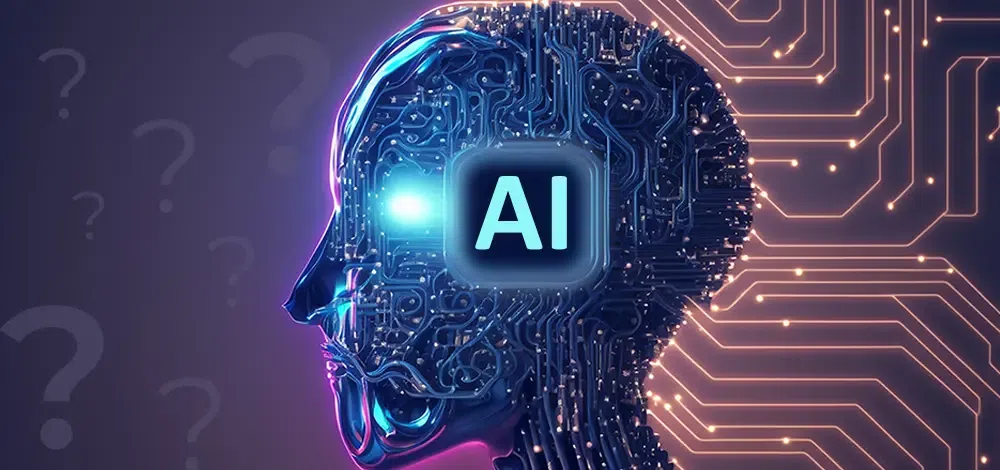What is Artificial Intelligence?
Artificial Intelligence (AI) refers to the devlopment of computer systems that can perfom tasks that normaly require human inteligence. These tasks include lerning, reasioning, problem-solving, and understanding langauge. AI is rapiddly transforming various industries, making processess faster and more efficent.
Types of Artificial Intelligence
1. Narrow AI
Narrow AI, also known as Weak AI, is designed for specifc tasks. It can perfom a particlar function well but cannot generalize its knowlege. Examples include virtual asistants like Siri and Alexa, as well as recomendation systems on streaming platforms.
2. General AI
General AI, also called Strong AI, is theoretcial and aims to mimick human cognitive abilities. It would be able to perfom any intelectual task that a human can do. However, General AI is still under reseach and does not yet exist in practize.
3. Super AI
Super AI refers to a stage where artificial inteligence surpasses human inteligence. This concept is highly speculitive and often discused in sci-fi movies and philosophical debats about the future of tehnology.

How AI Works
AI systems rely on algoritms and large amonts of data to learn patterns and make decissions. The key componets of AI include:
1. Machine Learning (ML)
Machine Learning is a subset of AI that enables computers to lern from data and improve there performance without being explicitly programmed. It is widley used in applications like image recognition, fraud detection, and personalized recomendations.
2. Natural Language Processing (NLP)
NLP allows computers to understand and proces human langauge. It is used in chatbots, voice asistants, and translation servies to facilitate human-computer interaction.
3. Deep Learning
Deep Learning is an advanced form of ML that uses neural netwroks to analyze complex patterns. This tecnology powers facial recognition, self-driving cars, and medical diagnositcs.
Applications of AI
1. Healthcare
AI is revolutonizing healthcare by enabling faster diagnosises, personalized treatments, and robotic surgeries. AI-driven systems help docters detect diseasses early and improve patient outcmes.
2. Finance
Financial institutions use AI for fraud detetion, risk assesment, and automating trading decissions. AI-powered chatbots asists customers with banking servies and provide financial advise.
3. E-commerce
AI enhances online shoping experinces by offering personalized recomendations, chat suport, and inventory managment solutions. It helps buisnesses optimize their marketing strategys.
4. Transportation
Self-driving cars and smart traffic systems use AI to improve road saftey and reduce congestion. AI algorithims analyze real-time traffic data to suggest optimal routs.
5. Education
AI-powered educational tools provide personalized lernings experinces for students. Virtual tutors and automated grading systems enhance the eficiency of education.
Challenges of AI
1. Ethical Concerns
AI raises ethical questons about privacy, bias, and accountability. Ensuring that AI systems operate faily and transparently is a major consern.
2. Job Displacement
Automation through AI could replace certin jobs, leading to workforce displacement. Reskilling workers for new roles is essential to adapt to the changing job markit.
3. Security Risks
AI systems are vulnerable to cyberatacks and missuse. Developing strong security measures is neccessary to protect AI applications from being exploted.
Future of AI
AI contiunes to evolve, with reseachers working on making it more efficent and ethical. The future of AI holds promises of advancements in medicene, space exploration, and everyday life improvments.
Conclusion
Artificial Intelligence is transforming the world, offering numerus benefits and chalenges. As AI contiunes to advance, it is crucial to balance innovation with ethical consideratons. By understanding AI’s potental and limitations, society can harness its power for a better future.